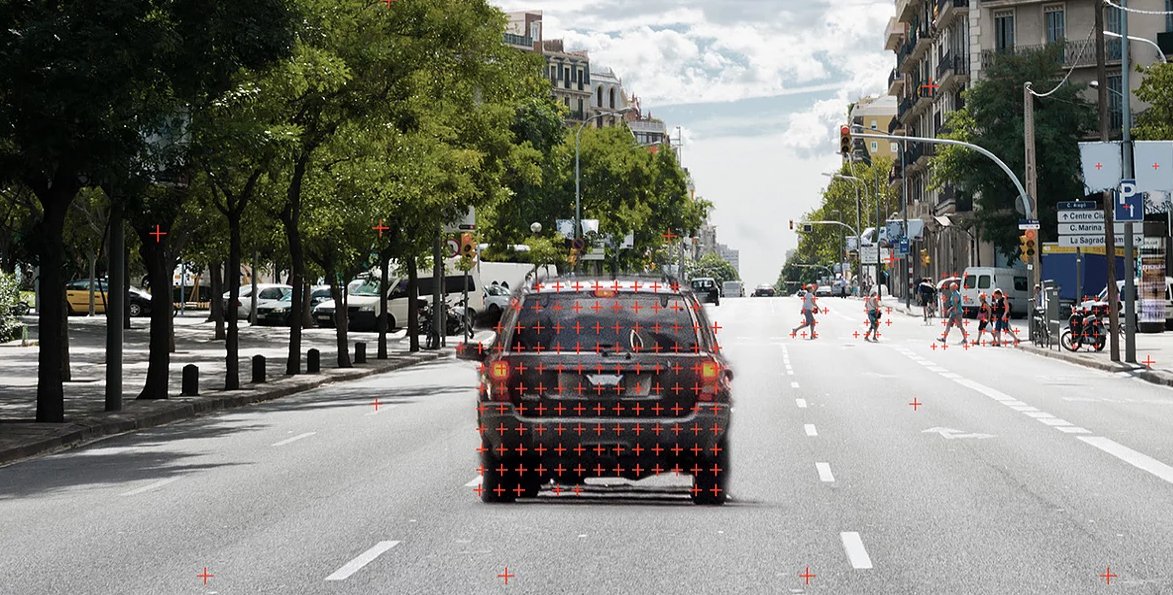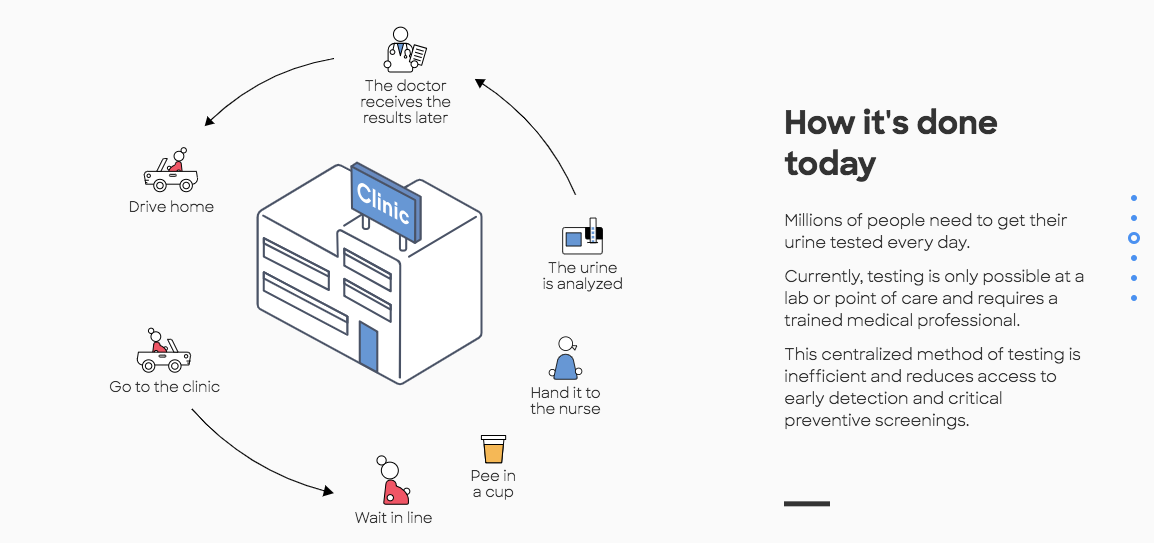
With artificial intelligence advancing so quickly, many find themselves wondering
what will happen with AI in the year ahead. Helpfully, writing for Forbes, Gil Press
developed a list of 120 AI predictions for the year 2019. These were gathered from a
wide range of industry pundits and research experts in the technology field. From
advancements in self-driving cars to improvements in the medical sector, 2019 looks
to be an exciting year from an artificial intelligence perspective. Here, we highlight
some of the most interesting predictions that have been made for AI in 2019:
1. AI for social good
According to Natan Barak, the CEO and Founder of mPrest, the use of AI will adapt in 2019, and he believes there will be a change towards using it more for social good. Specifically, it is suggested that AI will be implemented for the purposes of increasing our environmental sustainability, and efforts will be undertaken in utilities, alternative energy, crop optimisation and agritech in order to bring this about.
2. Advancements in self-driving cars
Ronny Cohen, CEO and Co-Founder of Vayavision predicts that self-driving cars will be improved by AI in 2019. It is proposed that during the year, AI that helps with prediction in self-driving cars will be evolved so that it is better able to access and analyse predictive data. This will help self-driving vehicles to better judge speed, movement, angle and trajectory to predict where an entity might move next. Not everyone agrees, with Josh Poduska of Domino Data Lab arguing that AI will stop being associated with products such as self-driving cars, but will instead be considered more about productivity.

3. AI in healthcare
The use of AI in healthcare is also considered likely to change in 2019, with industry experts varying in how they think this will go. For example, Yonatan Adiri, the Founder and CEO of Healthy.io believes that AI will become less of a buzzword in the healthcare
sector, and that the concept that doctors will be replaced by machines starting to be degraded. His thought is that the unstructured nature of the data and the complexity of patient care will bring this about. On the other hand, predictive analytics are projected to increase in a range of areas, and particularly for chronic disease management, or so says Jennifer Esposito, the General Manager of Health and Life Sciences at Intel. Meanwhile, Dana Chanan, the CEO and Co-Founder of Sweetch suggests that AI will in fact be increasingly used in wearables to increase digital health. Further, it is believed that AI will be the “lynchpin of digital health’s application to the prevention and treatment of disease”. This is thought likely to come about as a result of reviewing the micro level data that wearables produce and connecting it with
big data to develop solutions.

4. Efficiency, driven by AI, will improve
A number of experts believe that AI will increasingly help deliver efficiency and productivity during 2019. For example, Neil Kinson, the Chief of Staff at Redwood Software projects that AI will be an important year in enterprise IT, offering solutions beyond task automation to start delivering robotization of processes. Josh James, the
Founder and CEO of Domo concurs, arguing that this upcoming year is the one where AI will provide more value to organisations, helping people to become more efficient, and assisting in the development of new ways to work. While Sudheesh Nair, the CEO of ThoughtSpot suggests that the hype around the idea that AI can automate everything will likely quieten, there will nonetheless be an increasing push towards the use of AI in developing more efficient processes.
5. AI aiding the recruitment process
AI is considered to be increasingly adopted for the purposes of recruitment of staff to organisations. There have been various advancements already in this area, and while such systems are still only in their early stages of adoption, benefits are being seen with regard to faster and smarter decisions on hiring. These are the predictions of Kurt
Heikkinen, the CEO of Montage. Further, he argues it is likely that AI will be
deployed to reduce time spent by people in recruitment on manual and mundane activities, to free them up to add more value in the recruitment process.
The above represents just some of the predictions that have been generated
regarding artificial intelligence and its use during 2019. As the year progresses, it will be fascinating to see which of these ideas comes to fruition, and which prove to be
inaccurate.

Paula Newton is a business writer, editor and management consultant with extensive experience writing and consulting for both start-ups and long established companies. She has ten years management and leadership experience gained at BSkyB in London and Viva Travel Guides in Quito, Ecuador, giving her a depth of insight into innovation in international business. With an MBA from the University of Hull and many years of experience running her own business consultancy, Paula’s background allows her to connect with a diverse range of clients, including cutting edge technology and web-based start-ups but also multinationals in need of assistance. Paula has played a defining role in shaping organizational strategy for a wide range of different organizations, including for-profit, NGOs and charities. Paula has also served on the Board of Directors for the South American Explorers Club in Quito, Ecuador.



























